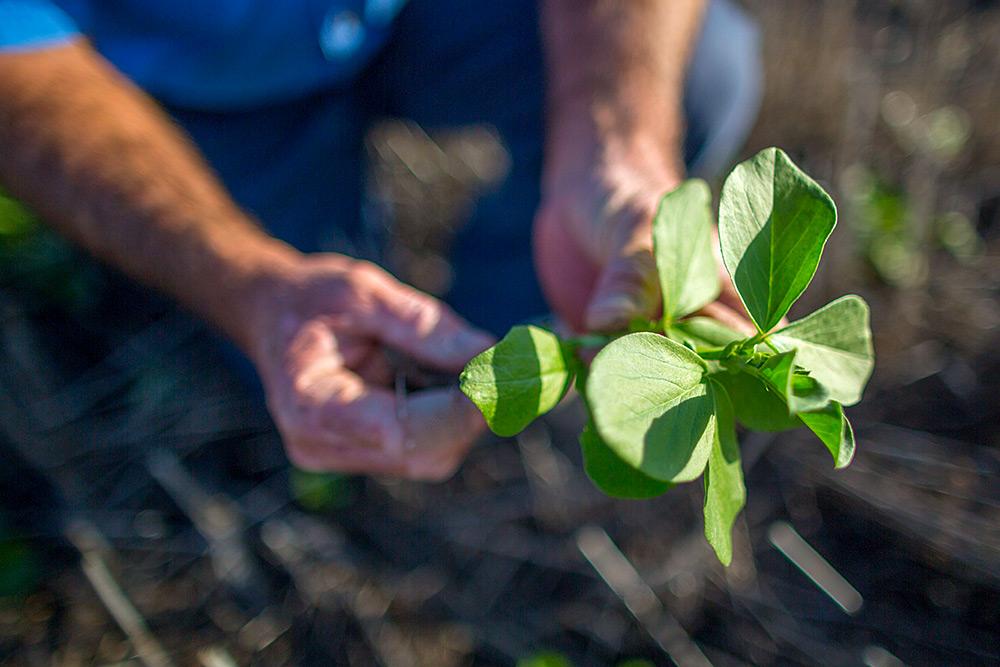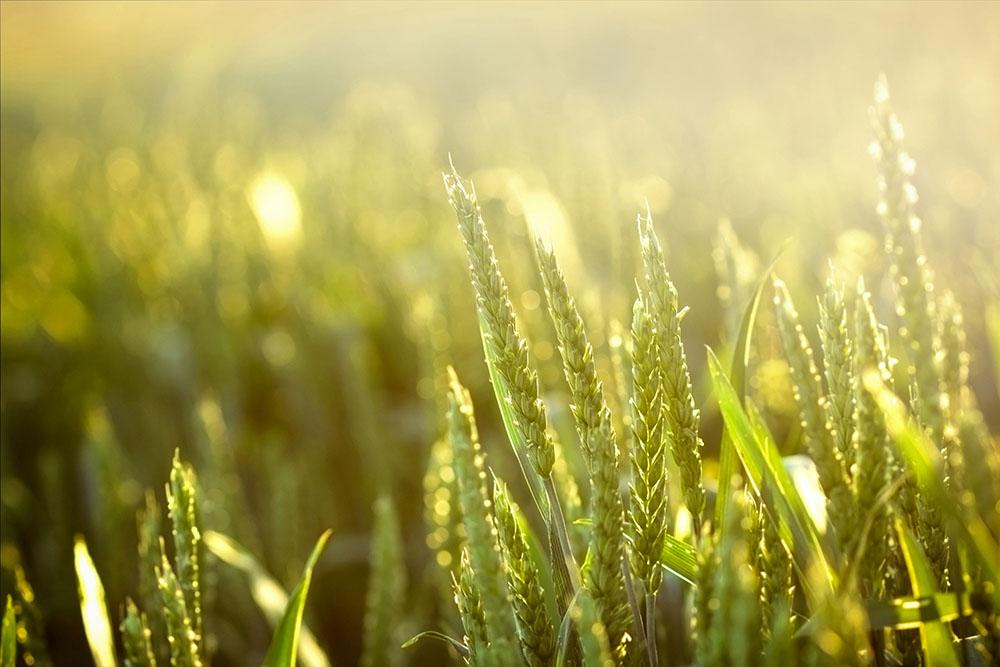Australia is negotiating amendments to the Australia-European Community Agreement on Trade in Wine (Wine Agreement).
As part of the negotiation the Australian Government is running a public objections process on wine geographical indications (GIs) proposed by the EU.
A public objections process provides stakeholders an opportunity to have their say and formally lodge an objection to the protection of specific wine GIs proposed by the EU.
This process is required under Australia’s international obligations, and will enable the government to take into account the full range of Australia’s interests in considering the EU’s requests. It does not indicate the government has made a decision to protect or amend protection of any specific EU wine GIs.
First Assistant Secretary for Agricultural Policy Joanna Stanion encouraged the Australian wine industry and other stakeholders to put forward any submissions regarding these GIs.
“This is an open and transparent process for all interested stakeholders to provide their views,” Ms Stanion said.
“The government will use this information to help inform Australia’s negotiating positions in the finalisation of the Wine Agreement.”
The EU is seeking protection for 50 new wine GIs under the Wine Agreement, as well as updates to existing wine GIs. As part of this request, the EU is again seeking protection for Prosecco and Vittoria.
Stakeholders can lodge a submission via https://haveyoursay.agriculture.gov.au/public-objections-process based on the grounds of objection. The full list of all 55 GIs proposed by the EU that are subject to the public objections process and the four grounds of objection can be found at the same link.
The public objections process will be open for four weeks, from AEDT 11am Friday 24 March 2023 until AEST 12pm Friday 21 April 2023.
To learn more about GIs and the public objections process, the department will be running online information sessions throughout the public objections process: https://haveyoursay.agriculture.gov.au/public-objections-process.



